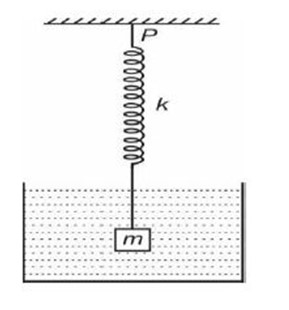Class 11th
Get insights from 8k questions on Class 11th, answered by students, alumni, and experts. You may also ask and answer any question you like about Class 11th
Follow Ask QuestionQuestions
Discussions
Active Users
Followers
New answer posted
3 months agoContributor-Level 10
In a number without decimal, trailing zeros are insignificant. If a number has a decimal, then preceding zeros are insignificant.
Hence, in 40.40 all zeros are significant
New answer posted
3 months agoContributor-Level 10
The examples of the probability include - flipping a coin, rolling a die, drawing a card from a deck, and picking a ball from a bag.
New answer posted
3 months agoContributor-Level 10
There are various applications of the probability in the real life. It is used to take informed decisions and risks in the following areas - insurance, weather forecasting, finance, business, sports, computer Science and gaming.
New answer posted
3 months agoContributor-Level 10
There are two basic rules for finding the Probability of two events A and B - Multiplication Rule and Addition Rule.
New answer posted
3 months agoContributor-Level 10
There are four types of probability - Classical, Empirical, Subjective, and Axiomatic Probability. The classical probability is based on the logical and known outcomes, Empirical are based on data from actual experiments, and subjective is based on intuition, personal opinion, or experience.
New answer posted
3 months agoContributor-Level 10
Probability in Maths is used to calculate how an event is likely to occur. It is measured by dividing the favorable outcomes number by the number of possible outcomes. It is expressed from 0% to 100% or by either 0 (impossible) or 1 (certain).
New answer posted
3 months agoContributor-Level 10
Applying conservation of momentum for collision of blocks
Now, from conservation of energy
Taking an Exam? Selecting a College?
Get authentic answers from experts, students and alumni that you won't find anywhere else
Sign Up on ShikshaOn Shiksha, get access to
- 66k Colleges
- 1.2k Exams
- 681k Reviews
- 1800k Answers


